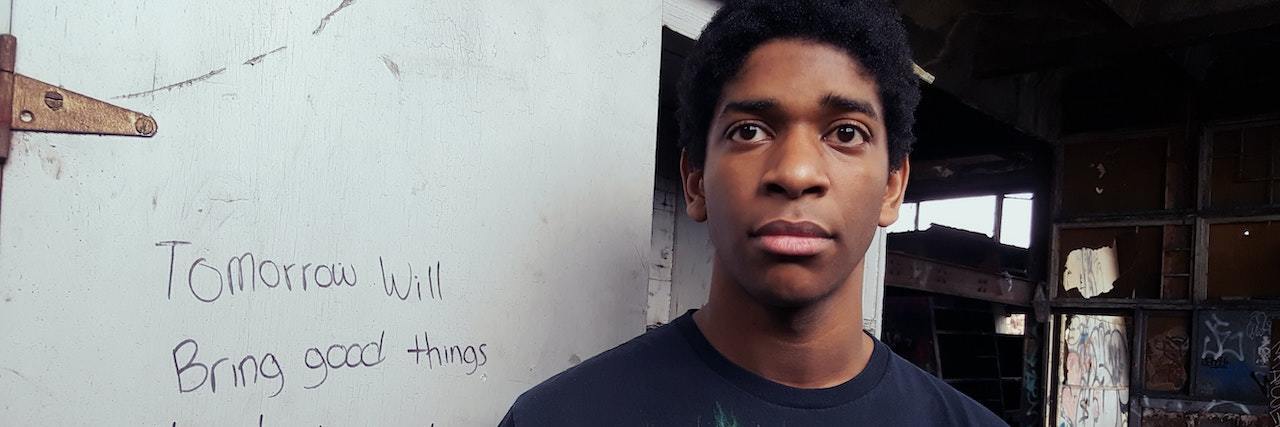The incidence of major depressive disorder among U.S. adults is likely higher than previously thought according to a study from the Yale School of Public Health. A national survey revealed that 17% of women and 10% of men self-reported a history of major depressive episodes. But there is the tendency for “recall error” or the likelihood of forgetting or miscounting when taking a survey if your health history is complicated. So, researchers created a simulation model to generate an estimate, which revealed that in all likelihood close to 30% of women and 17% of men actually have had depressive episodes.
If you think about chronic health conditions like heart disease, we do a lot to identify people who might be at risk for additional health events like heart attacks because that group would benefit from maintenance treatment and clinical monitoring. … [I]f we’re able to assess how many people actually have histories of depression, that also tells us that more people are at risk of experiencing more depressive episodes. — Jamie Tam, PhD, study author
So happy our #depression simulation model is finally published in @AmJPrevMed! Worked with a team of stellar colleagues @umichsph to make it happen: Thanks Rafael Meza, Briana Mezuk & Kara Zivin @kzivin! @YaleSPH https://t.co/a85ixpb9Sp
— Jamie Tam (@jamie_tam) July 30, 2020
The Frontlines: The study goes a long way toward proving that mental health screening programs could benefit a much larger segment of the population than previously thought. Depressive episodes typically recur in people. The more depressive episodes you have, the more likely it is you’ll have more, which is why prevention is so important.
- A major depressive episode is defined as a period longer than two weeks with feelings of intense sadness or hopelessness, weight gain or loss, changes in sleeping habits, loss of interest in activities, and suicidal thoughts
- Symptoms of depression cannot be easily fought off by “thinking positive” or “trying to exercise or eat healthy,” but professional treatment with therapy and medications can help
- After adjusting for under-reporting, researchers found that an average 23.9% of adults have a lifetime history of major depressive episodes
A Mighty Voice: The term “self-care” gets tossed around a lot when you’re dealing with depression but some days it can feel like too much. Our contributor Erica Chau broke self-care down to the most basic, easiest-to-accomplish parts for anyone dealing with a tough day.
“You can’t, and all the positive thoughts and desire won’t do anything about it. Self-care isn’t bubble baths and haircuts. It might not even be going for walks or shutting off your phone. Sometimes it’s that low. And believe me — I understand. People who preach positive thoughts and gratitude just don’t get it. But I get it, and you’re not alone.” You can submit your first-person story, too.
Get more on mental health: Sign up for our weekly newsletter.
From Our Community:
Other things to know: The experience of depression is unique for everyone. Learn here how others have navigated their depression and coped with the symptoms while negotiating their daily life:
- What Happened When I Stopped Taking Antidepressants to Travel Abroad
- Finding Light at the End of the Tunnel With Postpartum Depression
- How Outpatient Treatment After a Suicide Attempt Inspired Me to Help Others Like Me
- The Church Needs to Learn How to ‘Co-Suffer’ With Hurting People
How to take action: The authors of this study are hopeful that more research and conversation will come from the results generated with their work. While there is no guaranteed way to prevent depression, early diagnosis and intervention is helpful in treating it and preventing future episodes. To help combat episodes of depression consider these suggestions:
- Reach out to friends and family when times are tough
- Seek professional help when things don’t seem right (this handy therapist finder can help)
- If you suspect you are depressed get help as soon as possible; waiting could make things worse
Header image via Barry Weatherall on Unsplash

